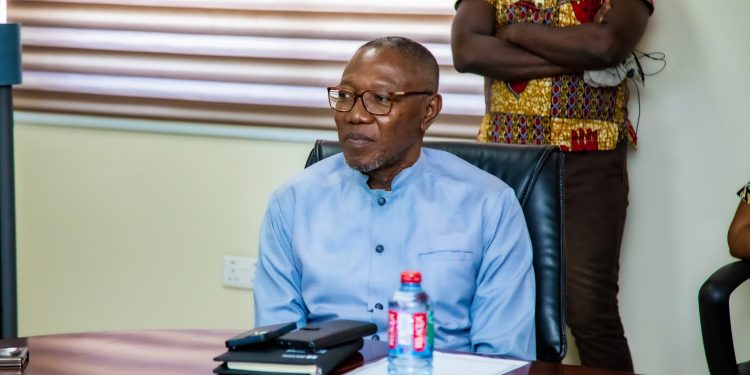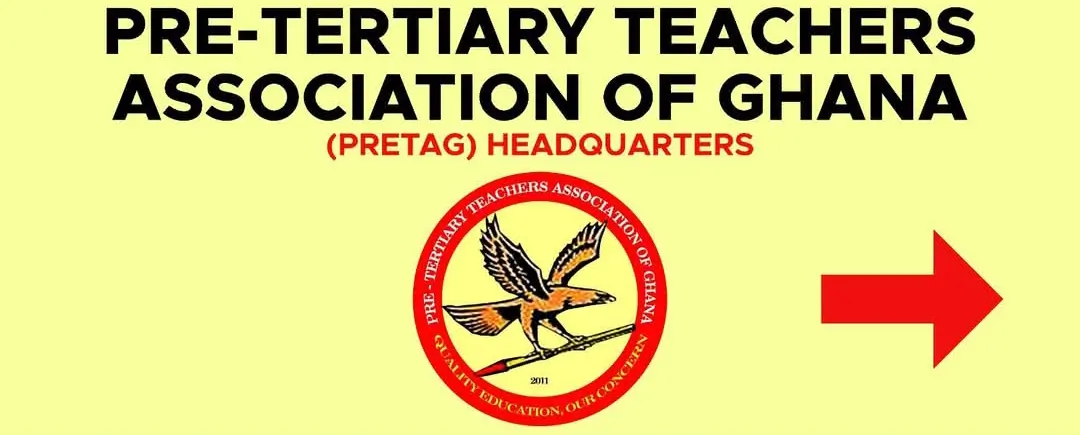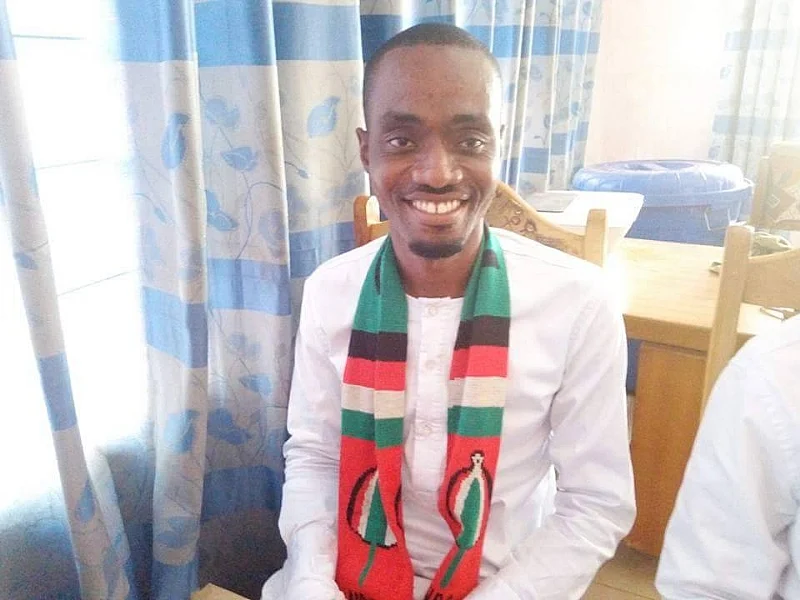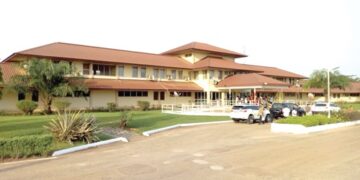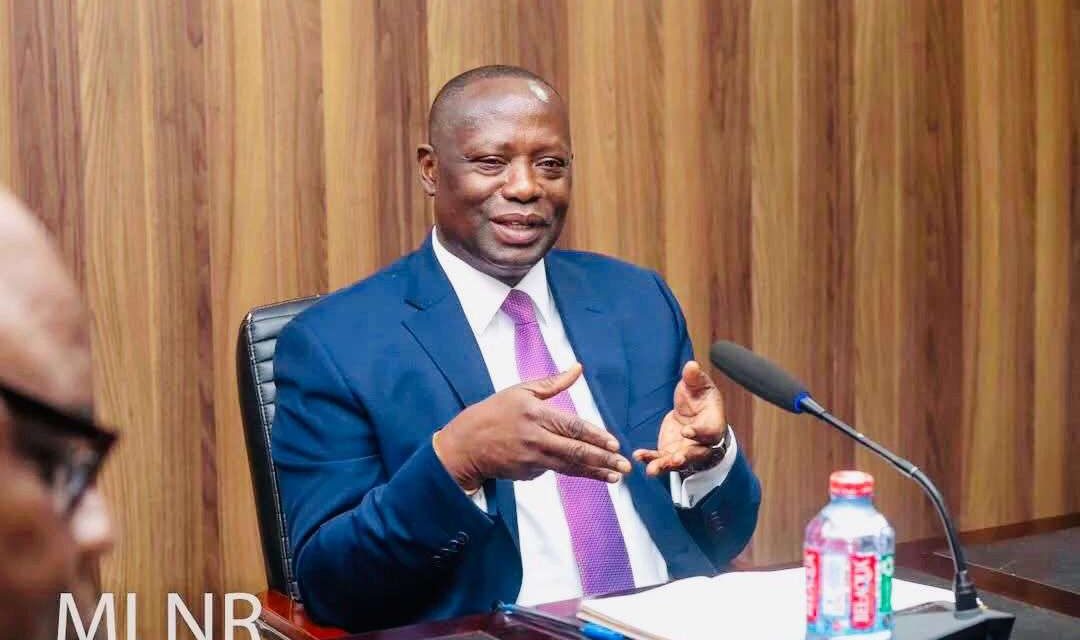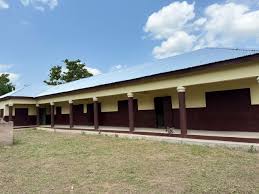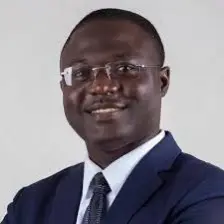In a bold move to expand access to secondary education, the government has announced plans to include private senior high schools under its flagship Free Senior High School (Free SHS) policy starting from the next academic year.
The announcement, made on Tuesday, 27 May, by Deputy Minister of Education Dr. Clement Appak, marks a significant shift in Ghana’s education policy. It comes alongside newly revised guidelines for candidates preparing to write this year’s Basic Education Certificate Examination (BECE).
“We are fulfilling a core campaign promise,” Dr. Appak told journalists in Accra. “The government has engaged extensively with private school operators, and we are confident they are ready to join hands in delivering quality, tuition-free secondary education to Ghanaian students.”
The extension aims to absorb pressure on the public school system and accelerate the phasing out of the double-track system, a temporary measure introduced to manage overcrowding when the Free SHS programme was first rolled out in 2017.
Dr. Appak described the inclusion of private institutions as “an artery” in achieving broader education reforms. “This is not only about easing congestion,” he said. “It’s about expanding opportunity, creating options, and ensuring that no child is left behind because of infrastructure constraints.”
As part of the revised selection process, candidates preparing for the BECE will now be allowed to choose seven schools, up from the previous six. The school selection window runs from today, 27 May, to 6 June, giving students and parents a little over a week to make informed decisions.
The Free SHS policy has provided access to secondary education for hundreds of thousands of Ghanaian students who may otherwise have been unable to afford it. However, it has faced criticism over infrastructure shortfalls, strained resources, and the controversial double-track system that splits the academic calendar to accommodate more students.
Education policy analyst Angela Kusi called the inclusion of private schools a “strategic and necessary evolution of the programme.”
“It’s a win-win,” she said. “The state saves on new infrastructure while tapping into the underused capacity in the private sector. And students benefit from more school options and a better academic calendar.”
As the academic year approaches, private schools are now preparing to align with national standards and guidelines required under the Free SHS framework. Meanwhile, government officials say oversight mechanisms will be in place to ensure quality and accountability.
